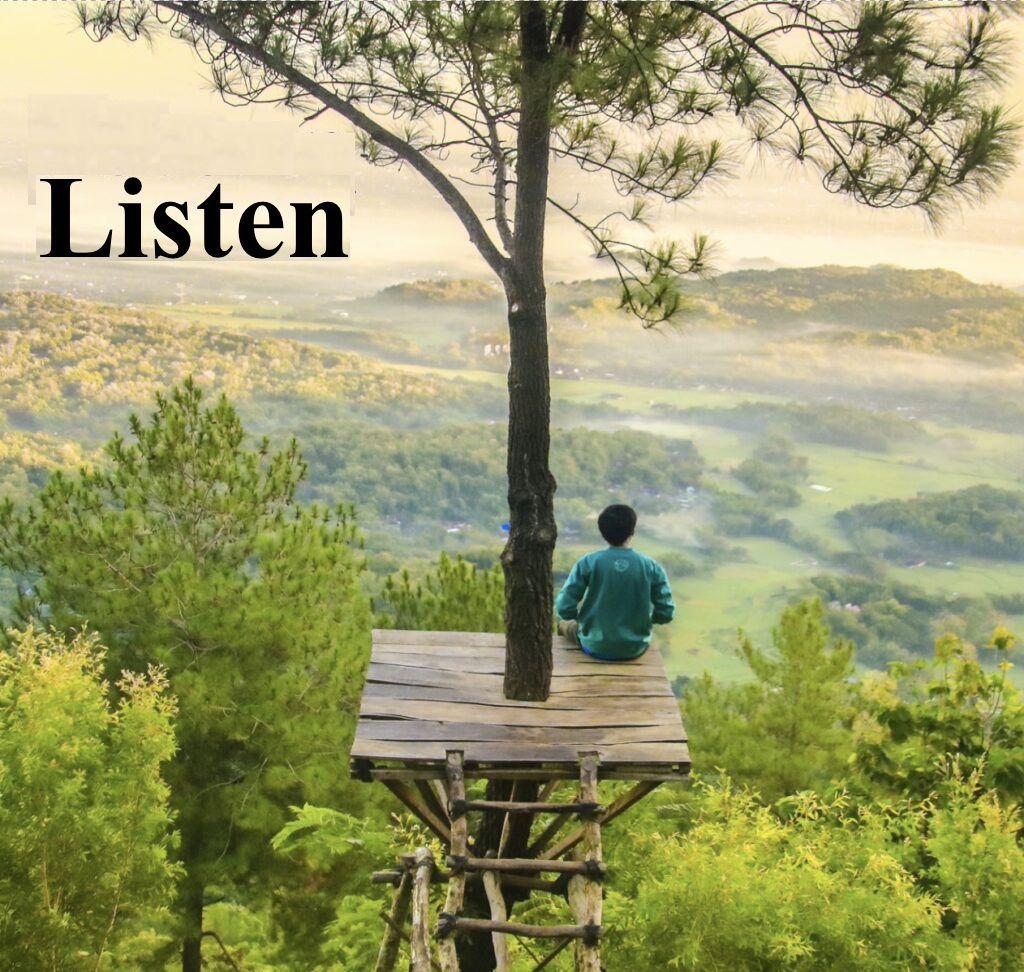Learning to Listen: A Vital Skill for Actors
Why Listening is Essential in Acting
How to Improve Your Listening Skills as an Actor
To truly master the art of listening, actors must retrain themselves to listen on a deeper, more instinctual level. Here are some practical tips to help you improve your listening skills for stage and screen:
1. Listen like it’s the first time. Approach every line and sound as if you’re hearing it for the very first time.
2. Engage your entire body. Use your whole body to listen, not just your ears.
3. Listen beyond the words. Pay attention to what’s being communicated beneath the dialogue.
4. Listen with your senses: Tune into the sights, sounds, smells, and feelings around you.
5. Breathe in the moment. Let the words and emotions spoken by your scene partner sink in fully.
The Power of Being Fully Present
Creativity Begins with Observation
Ready to Master Your Craft?
At The Actors’ Hub, we specialize in teaching actors how to listen, react, and perform with authenticity. Whether you’re a beginner or an experienced actor, our programs are designed to help you develop the skills you need to succeed.
- Audition for our full-time program: https://actorshubperth.com.au/acting-classes/the-gap/
- Explore our part-time program: https://actorshubperth.com.au/acting-classes/the-gym/
Take the first step toward becoming the actor you’ve always wanted to be. Contact us today to learn more!

